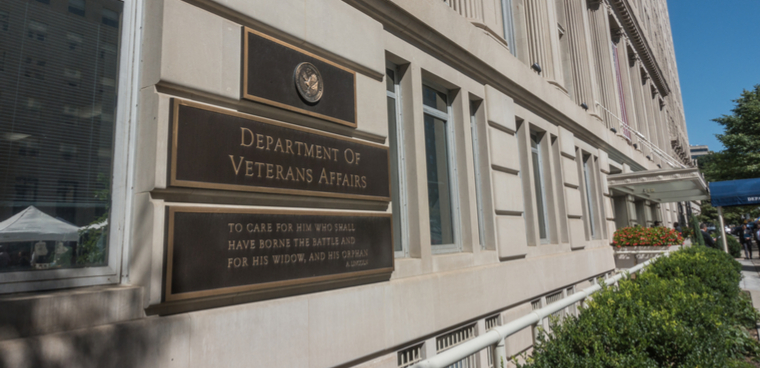VA taps CARES Act funds for IT
The Veterans Benefits Administration at the Department of Veterans Affairs is looking to reprogram about $250 million in COVID-19 emergency funding to modernize its troubled education benefits system.

The Veterans Benefits Administration at the Department of Veterans Affairs is looking to reprogram about $250 million in COVID-19 emergency funding to modernize its troubled education benefits system.
VBA delivers $12 billion in educational assistance to one million beneficiaries annually, with benefits and business requirements frequently changing due to new legislative mandates. Currently VBA is using spreadsheets to manually reconcile data contained in multiple legacy systems -- a process that agency leaders described as unsustainable at a joint hearing of two subcommittees of the House Veterans Affairs Committee held Sept. 16.
Dr. Paul Lawrence, the undersecretary for benefits, told lawmakers VBA officials are looking to field a modern, commercial, cloud-based customer relationship management system that offers veterans access to services across multiple communications platforms and provides quick answers to questions about benefits and self-service options.
VBA is trying to avoid a repeat of the trouble it ran into in 2018 when trying to roll out a technology system to handle the demands of the Forever GI Act, which expanded education benefits and housing allowances for student veterans. Facing a statutory deadline, VBA and its contractors pushed out a system that linked data from multiple legacy systems to process benefits approvals under the Forever GI Act that didn't work, and were forced to restart the project and rebid software and integration contracts.
Some lawmakers expressed concern about preprogramming CARES Act funds for an IT project.
"I hope that we don't use COVID emergency assistance as a piggy bank for other things that deserve their own funds," Rep. Mike Levin (D-Calif.), the chairman of the Economic Opportunity subcommittee, said at the hearing.
Levin explained that he had been briefed by VBA officials in the past about the need for a new system but that the project wasn't included in subsequent budget requests.
The reprogrammed funds include about $198 million to VBA to acquire a software platform and $45 million to the Office of Information and Technology to do needed work on backend infrastructure and legacy systems to support the upgrade, according to Charmain Bogue, executive director of education services at VBA.
Bogue drew a direct line between the COVID pandemic and the need to modernize VBA's educational systems, noting that the push to online education dramatically altered benefits delivery for many veterans across programs, and that legacy systems don't provide the agency with the ability to adapt processing and communication with beneficiaries.
"We're hanging on by a thread," Bogue said of the current situation.
VBA put out a request for information for a modernized system in August. The agency is in the process of developing a formal solicitation for a new system.
Rep. Jim Banks (R-Ind.), the ranking member of the Technology Modernization subcommittee, said he wanted to see Congress take a more active role in the agency's technology spend.
"I would like to see Congress authorize every major VA IT acquisition over a certain dollar threshold, as happens in other committees," Banks said.






